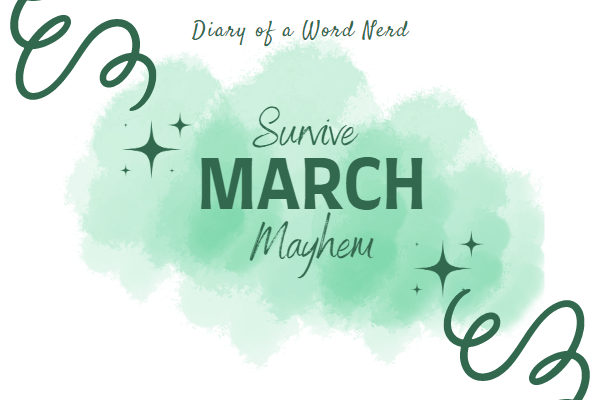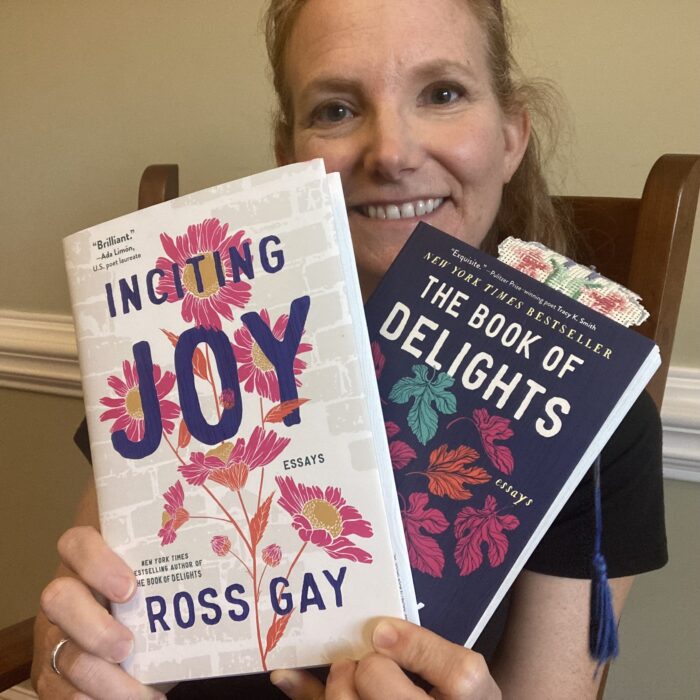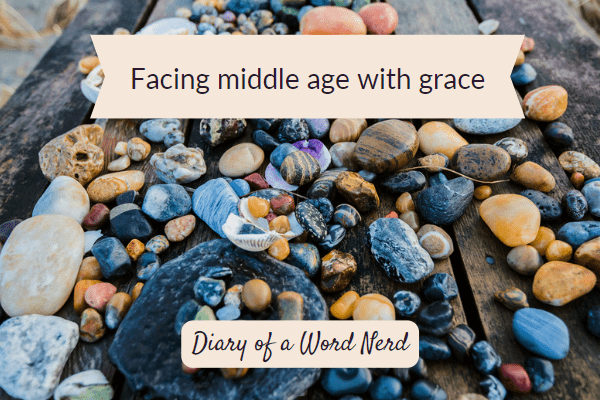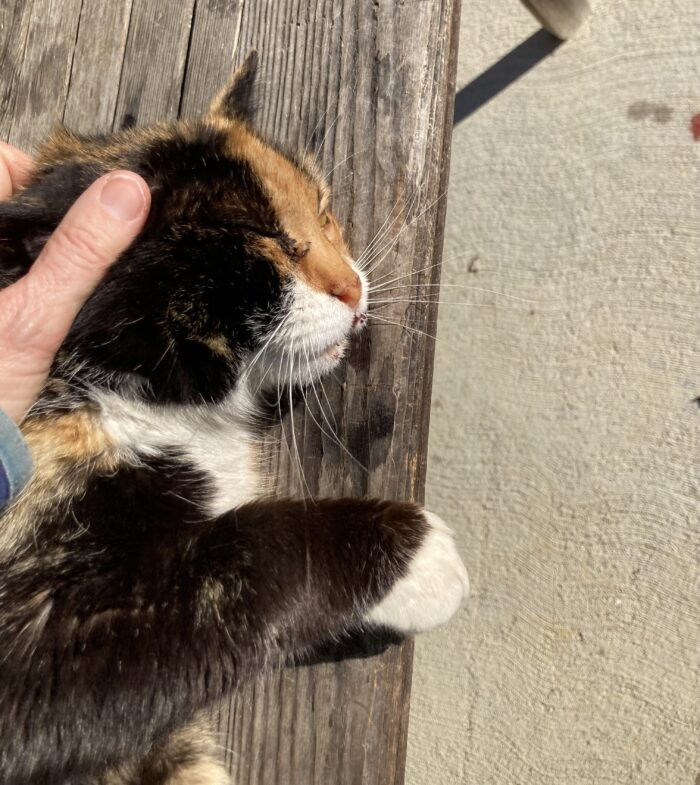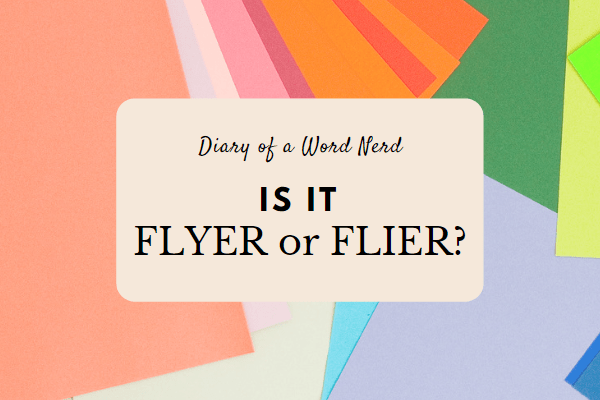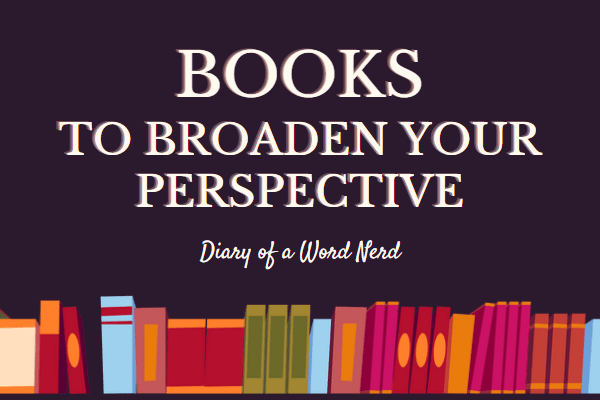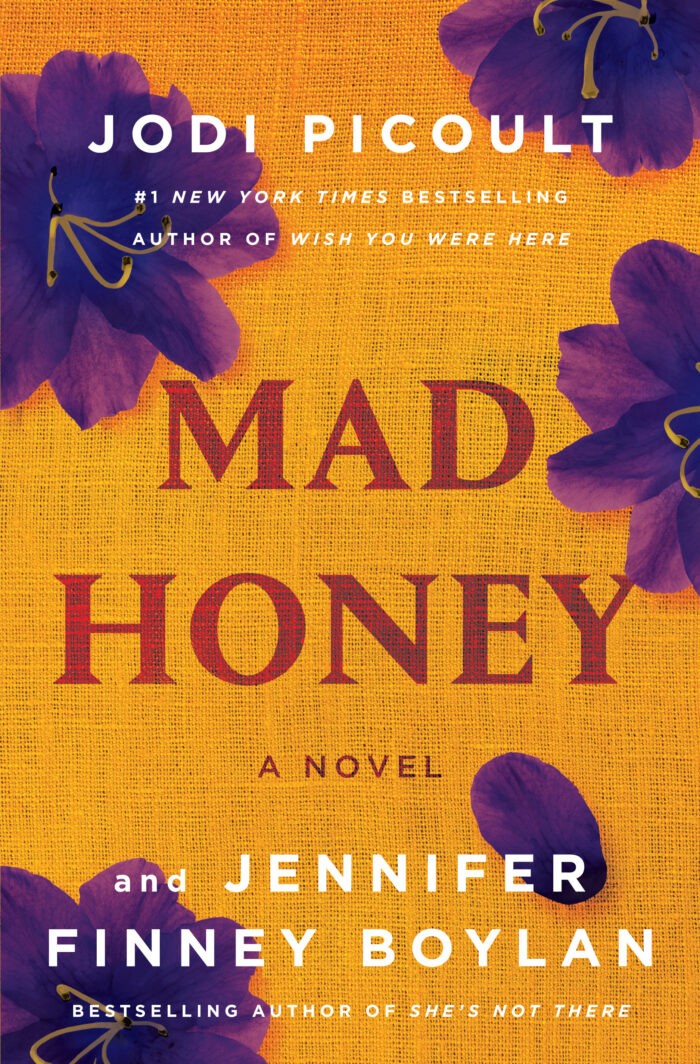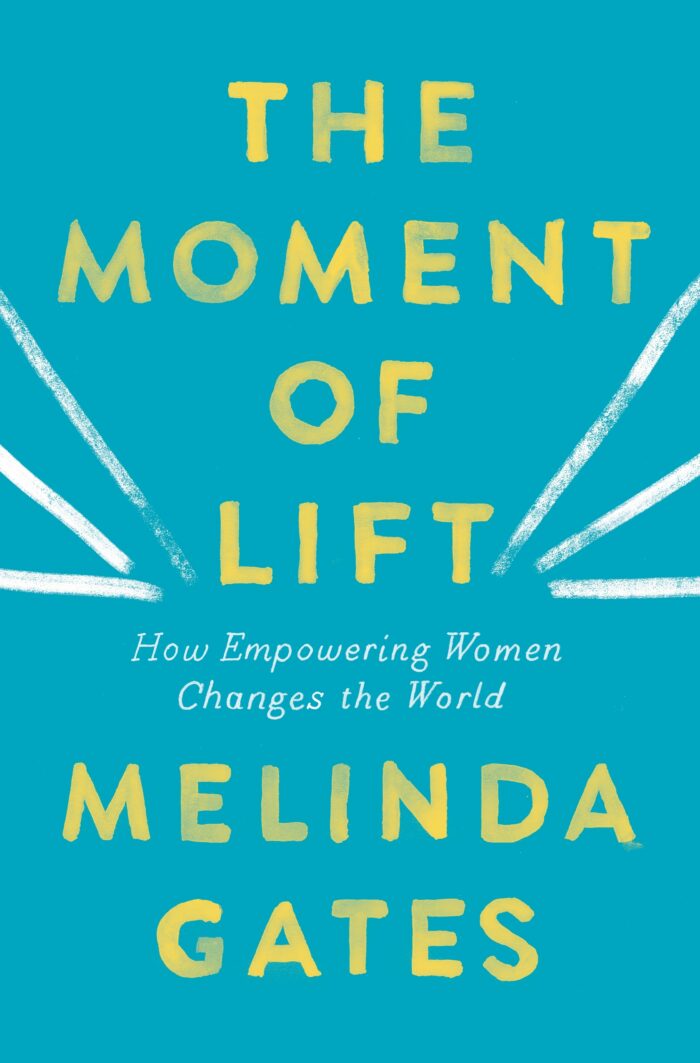It’s the season of college admissions. I know several families debating (or let’s be honest, fighting and crying about) college choices and potential majors. In this precarious economic environment, I hear a lot of concern about spending tens of thousands of dollars on an English or Biology major. If there isn’t a golden ticket to a job, as one gets with a health care or engineering degree, most parents and students cannot justify spending lots of money on a liberal arts education.
This spring, potential college students must decide if, in this STEM focused world currently debating the pros and cons of AI, a liberal arts education has value. If it can serve as a path to a living wage. All complicated by the fact that most 17- and 18-year-olds I know have no clue what they want to study or do for a living.
Etymology of “liberal arts”
I’m not going to come down one way or the other, because different families have different needs. And I recognize my privilege. I was a liberal arts major (English- shocker!) but I also got a teaching degree and later a master of science in Physical Therapy, so I always had a “career based diploma” to lend practical purpose to my classes on Shakespeare and American History.
What interests me for this post is the etymology and definition of “liberal arts,” a term we’ve been using since the 14th century. According to Merriam-Webster, the liberal in liberal arts does not refer to a left leaning or progressive political position. It comes from the Latin word liber meaning free or unrestricted.
We adopted liberal arts from the Latin liberales artes, which described the education given to free men and the wealthier classes. It included coursework in grammar, logic, and math to “train the mind.” Conversely, poor people or those in the lower classes trained in servile arts, which involved mechanical or occupational skills.
Liberal arts in the 21st century
Knowing this makes me wonder how tightly freedom is and will be tied to “training of the mind.” As we see the divide between the poor and the wealthy widening, will we see a similar divide in education? A reversal of access that we saw in the 20th century? Will the rising cost of higher education force more people who do not have wealth into “servile” occupations?
And most importantly, can our liberal democracy survive if only the wealthy have access to study of liberal arts like philosophy and history?
If you are currently debating college options, I highly recommend Kelly Corrigan’s podcast series Live from College, in which she interviews several students and professors at various universities about the value of a liberal arts education and how to make the most out of college. I also recommend the book Where You Go is not Who You’ll Be.
What are your thoughts on liberal arts education? And, if you got a liberal arts degree, what did you do with it?






